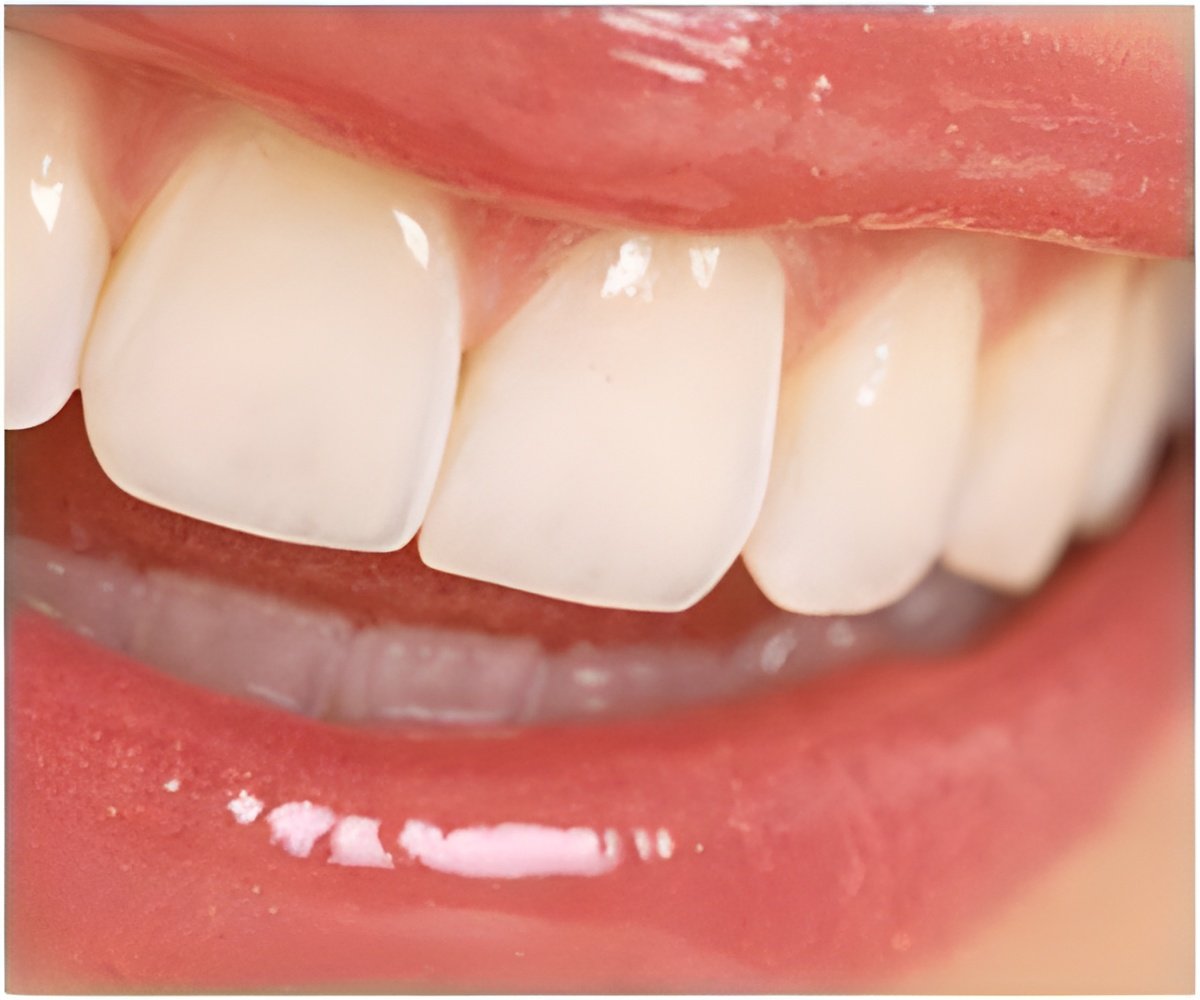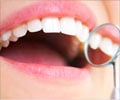Sugar-free chewing gum, lozenges and hard candy including xylitol or polyol combinations and chlorhexidine and thymol varnishes seem to be beneficial in preventing cavities, reveals report.

The executive summary of the report entitled, "Nonfluoride Caries Preventive Agents," is published in the September issue of The Journal for the American Dental Association.
The ADA recommends that clinicians determine a patient's risk for developing cavities by conducting a caries risk assessment, which includes completing a caries risk assessment form that can be used as a communications tool with their patients.
Nonfluoride agents In addition to a comprehensive cavity-prevention program which includes the use of fluoride, the scientific panel recommended that clinicians consider applying a mixture of cholrhexidine-thymol varnish to the teeth of high-risk adults and the elderly every three months to reduce cavities developing in the root of the tooth.
The panel encouraged clinicians to consider advising parents and caregivers of healthy children older than 5 years who are at higher risk for cavities to chew sugar-free polyol gum after meals for 10 to 20 minutes to prevent cavities.
A polyol is a low-calorie sweetener such as xylitol, sorbitol or mannitol, which is not broken down by the bacteria in the mouth and therefore does not contribute to tooth decay. The panel also recommended that sucking xylitol-containing sugar-free lozenges or hard candy after meals may reduce cavities in children.
Advertisement
ADA expert panels, Evidence-Based DentistryThe clinical recommendations, developed by expert multidisciplinary panels convened by the ADA Council on Scientific Affairs, assessed available scientific evidence and developed practice-oriented recommendations through a comprehensive evidence-based process.
Advertisement
Source-Eurekalert











